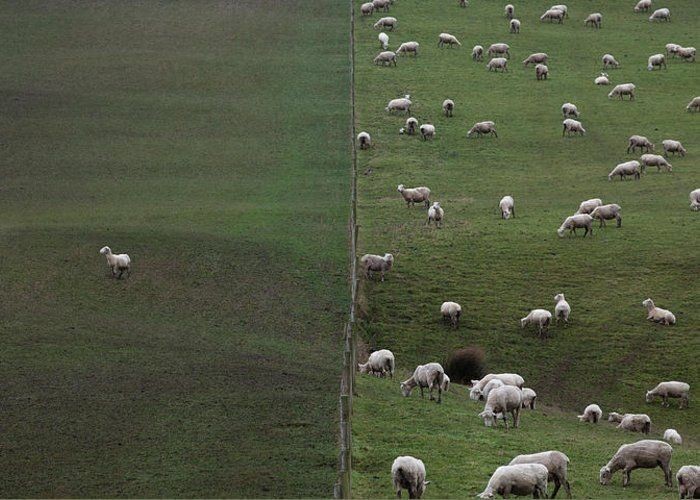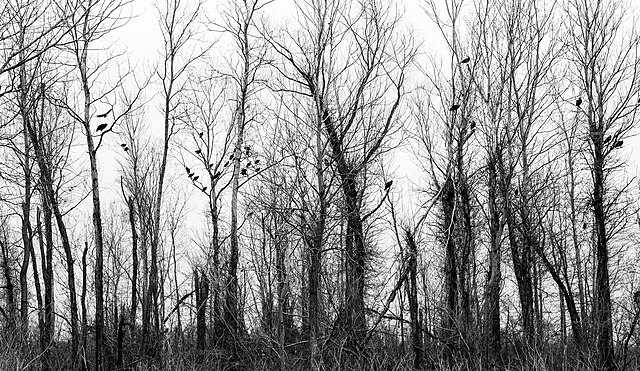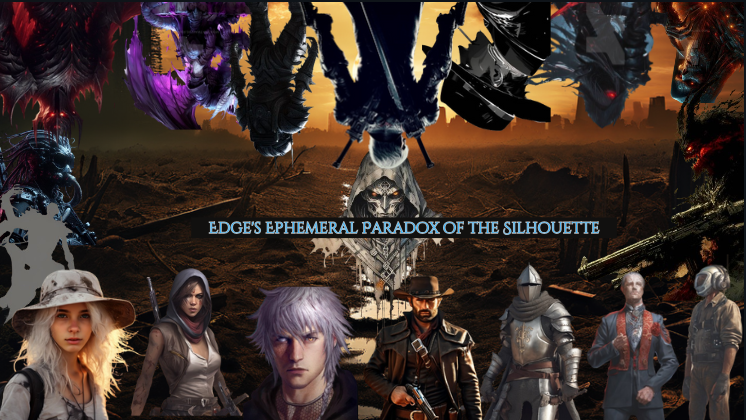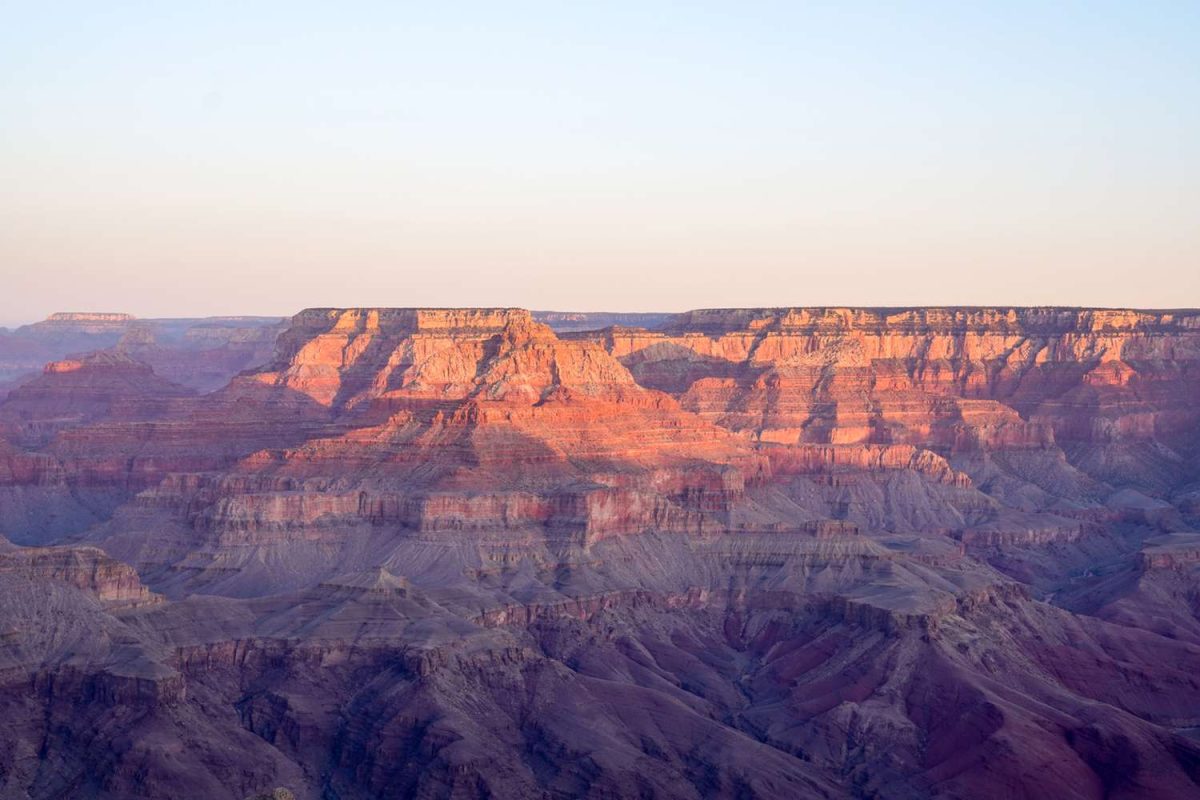Junctions in time
Last night, I went to bed exhausted from months of pushing through long days and short nights and, this morning, I woke up to a room full of sun, freedom, air, and a tinge of existential dread.
I had my first real downtime in a long stretch of busy weeks. Life breathed out all at once. I find myself now in one of the most important types of junction in life, go meets stop, battle meets stillness, too little time meets too much time, everything meets nothing.
These meetings are equally as bountiful as they are dangerous. It’s our job as people who move through life with intention to make something useful out of time crashing together. Those in the world who are less opportunistic might be faced with one of these junctions and be destroyed by it. It’s easy to be defeated by laziness and inaction creeping under the disguise of “me time” or, “I deserve a break.”
Understand that I’m not saying that “me time” is a bad thing or that you don’t really deserve a break, I’m just making sure you’re using your deserved break wisely. My “me time” could be very different from yours, and that’s okay. However, a general rule to follow when curating your time is to be careful the things you indulge yourself in to take the edge off don’t involve any harmful vices or generally self-destructive acts.
This rule seems straightforward, but remember, evil things use disguises– a wolf in sheep’s clothing. You didn’t realize that your efforts to kick back and relax actually put you in a far worse state-of-mind, until it was too late. As scary as it may sound, just one day of thoughtless pause could completely throw off the rhythm you’ve lived in for weeks. Instead of halting the groove, keep it going by changing the way you drum.
The grind mentality
Today, the young American operates under hustle-culture, or as I call it, the grind mentality. It’s the idea that if one wants to rise to the top, they must stay focused and use most of their time to keep up their ’round-the-clock hustle. This philosophy comes with positives and negatives, depending on the way it’s interpreted, and the intensity of the lengths it’s carried out. In my eyes, the grind mentality is ironic. The involved young person will put so much time into an activity, extracurricular, sport, job, etc., that when time reaches one of its aforementioned junctions, they short circuit, often subconsciously filling their desired break with self-destruction.
This is the flaw I see in the grind mentality that so many adopt. Using downtime to destroy and resting are very different but can be confusing. “All work and no play makes Jack a dull boy.” That’s a line we can all agree holds some truth. It stresses my point well, to be careful with the way that you play when you aren’t working. Just look how things turned out for Jack Torrance.
Overworking yourself and working hard are two very different things, yet their difference at a glance is near unnoticeable. As our society speeds higher and higher, hatching dreams of corporate success in our minds, the natural world is still. We as modern Americans, at fault of ourselves and the technological boom, have gotten our society stuck in motion when what we really need stillness. Natural stillness. Content in stillness, despite not being at “the top,” is an idea the grind mentality hisses and swats at.
Natural stillness
Society is a clock that keeps ticking faster and faster as our civilization advances.
This directly contrasts our natural human clocks that keep a slow and steady meter of our lives. When we try and over-wind our natural clock to match the social clock, we crash.
Balancing life to find natural stillness is a feature we all innately possess. Through the motions of our lives, our outlooks are blurred one way or another and our ability to find natural balance is skewed. In some instances, the gap between one’s day-to-day ideas and the natural balance of the universe can get so wide, you can hardly see the other side.
Those who have experienced natural balance and content in their youth have a greater sensitivity to it. This heightened gauge of happiness allows for problems offsetting the balance to be handled sooner rather than later. Realizing a problem early on can be the difference between a quick attitude shift and a years-long struggle.
If you, the reader, are wondering to yourself “everything I’ve just read is fine and all, but why does it matter?” That is a very good question. The answer is, it doesn’t matter unless you want it to. If you feel you could be more down-to-earth, more reasonable, more spiritual, more connected, more compassionate, more artistic, more aware, and many other positive “mores,” then you will want my words to matter.
I am asking you to attempt to look at your life in the third person as best you can, ask yourself, “Am I the person you want to be?” Detach yourself from what is expected of you socially for a brief moment, absorb the world around you and interpret it. Do things feel right? Natural stillness and balance, as I have presented it, is pretty ambiguous, but its practice must be discovered not told by me.
Each square foot of grass is infinitely as detailed and as different as the one beside it. No two tomatoes from the garden bear the exact same shape, nor the same exact flavor. Every tree has roots that find their own path to twist through the earth in a beautiful and effective way. Although you might not feel like it, you, as a human person, are innately connected to these phenomenons of nature. Somewhere in the expanse of your days on earth, participating in the necessary superficial aspects of life in civilization, you have lost your sense of balance.
To regain it, slow down and listen for the calm, steady tick of the metronome of nature. Use the junctions of life to re-train your awareness of natural balance, so that you may be better equipped to handle the punches of a busy season. That is what I have done in the last week. Now I have shared my ideas with you.




















